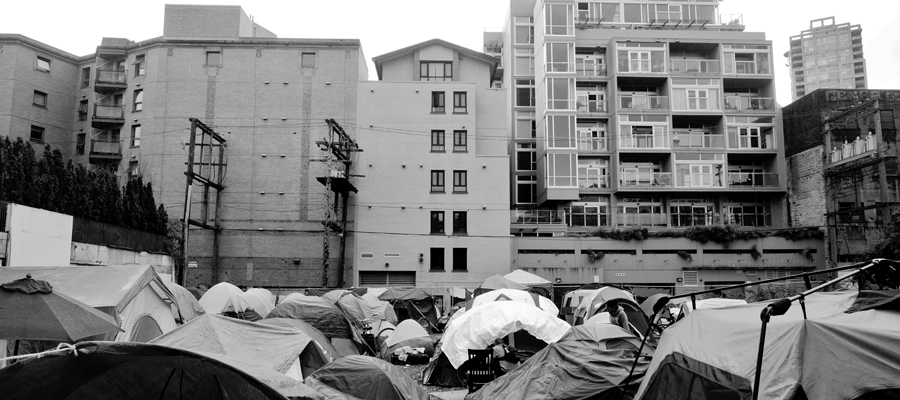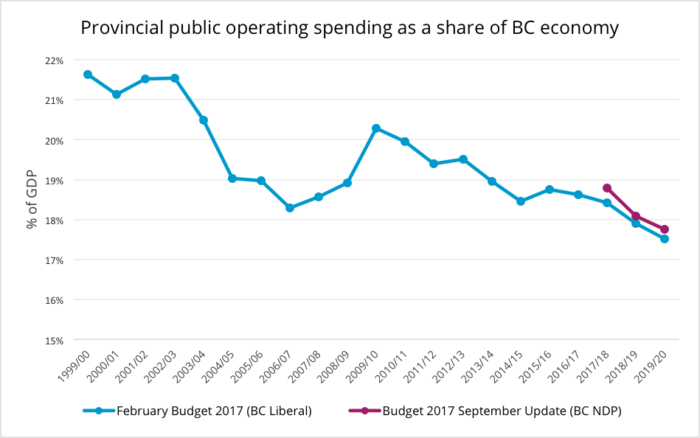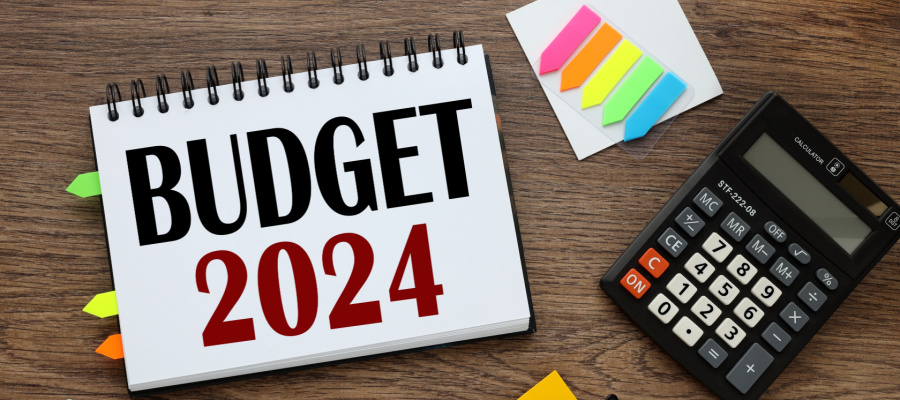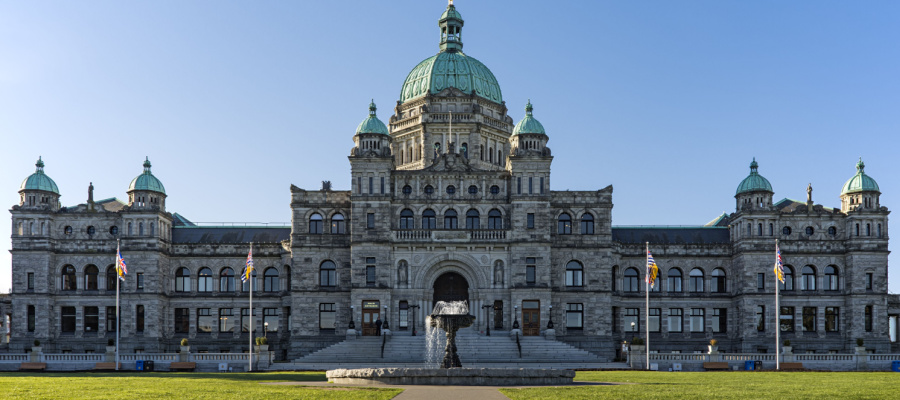BC needs bold, transformative change. Will Budget 2018 bring it?

BC is a beautiful place to call home—and an extraordinarily wealthy one. Yet, despite this wealth, our province is facing crises of affordability, inequality, poverty and environmental degradation.
Next month’s provincial Budget is an opportunity to face up to and truly tackle these crises—something that would require the new BC government to think big and be bold.
After 16 years of underfunding key programs and services, BC needs major new public investments to create a universal high-quality child care system, build tens of thousands of affordable homes, undertake ambitious action on climate change, strengthen education and health care, and raise people out of poverty. To help make it happen, we must increase taxes on those who are amassing a greater and greater share of our province’s wealth.
British Columbians hold some widely shared values and priorities and want our political leaders to take bold action to address economic insecurity, inequality and climate change. Yet, we’ve grown accustomed to being told—and too often believing—that making this type of change is not realistic or affordable.
In reality, what is unaffordable is to stick with the status quo. Failing to act on the social, economic and environmental crises before us carries enormous costs for families, communities and our economy. BC’s shameful levels of poverty come at a huge price: our research shows between $8.1 billion and $9.2 billion is lost annually in economic output and other costs. Lack of affordable child care shrinks our economy by keeping thousands of young parents—mostly women—out of the workforce. And, BC wastes hundreds of millions of dollars annually on unnecessarily high drug costs, instead of reaping the large cost savings that would come with universal pharmacare.
In reality, what is unaffordable is to stick with the status quo.
And this is just the tip of the iceberg. Lack of investment in affordable housing not only hits families in the pocketbook every month it also affects quality of life, and at the same time hurts the ability of businesses to recruit workers. Failure to invest adequately in public transit leaves our cities choked with traffic congestion, pollution and crashes—and each is hugely costly. Shortchanging public transit also means that instead of creating housing, parks, community and child care centres, valuable urban land is wasted making more room for transportation by private automobile.
When we fail to make key public investments we are perpetuating large sources of economic waste. In essence, we are flushing money down the toilet.
The good news is that BC has the economic and fiscal capacity to put our best values into action now. We can afford to make the upfront investments needed to lift people out of poverty, address housing affordability, protect our environment and build a universal, quality child care system accessible to all.
Consider how BC’s public spending compares to our total economic pie—a proxy measure of our collective capacity to pay for things together. It’s a little known fact that provincial public spending as a percentage of GDP has declined substantially since the late 1990s. And, the new spending commitments announced in last September’s budget update are not large enough to buck that trend.

BC’s economy generates $276 billion annually. If we dedicated the same share of our economy to public spending this fiscal year as we did in 2000, we could be making additional investments of more than $6 billion per year. Yes, that’s billion with a ‘b’.
The decline in public spending relative to our economy originates in deep funding cuts to public services in the first mandate of Gordon Campbell’s Liberal government—cuts made in the name of reducing budget deficits at the time but never fully reversed even after years of massive fiscal surpluses.
Those budget deficits, by the way, were in large part manufactured by tax cuts that overwhelmingly benefited the richest British Columbians and undermined provincial revenues, eroding services for all.
Heck, even the bond rating agencies—typically cheerleaders for austerity and public sector cuts—admit that BC has room to raise more tax revenue while “remaining competitive with other jurisdictions.”
There are many options for how to raise revenue collectively. For example, BC just cut MSP premiums in half at a cost of more than $1.2 billion per year. We have long called for eliminating the MSP, but also argued forcefully that the revenue be fully replaced with fairer personal and business taxes. CCPA modelling shows that we can replace every dollar and the vast majority of BC households are still left with more money in their pockets.
This is no time to be timid. Each of the large social problems before us has serious policy solutions—many of which the CCPA has proposed.
We can also harness the huge increases in land values in BC—hundreds of billions of dollars over the past decade alone—through a progressive property surtax on the wealthiest landowners. More broadly, the time has come for a Fair Tax Commission to review the entire provincial tax system—including natural resource royalties—in discussion and consultation with British Columbians.
Budget 2018 will undoubtedly include new social investments. The real test of the new government is how these investments stack up against the scale of the problems we face.
This is no time to be timid. Each of the large social problems before us has serious policy solutions—many of which the CCPA has proposed. Inaction and incrementalism in the face of such great challenges will ultimately drain our province of wealth and well-being.
To be sure, bold action—no matter how sorely needed or economically sound—will be greeted by a chorus of stale arguments from some of BC’s ‘forces of no’ such as the Fraser Institute, various corporate elites and sections of the political punditry. But instead of being cowed, the BC government ought to reflect carefully on a pattern emerging across the developed world. In countries like France, Germany, Greece and Spain we’ve seen social democratic parties crushed at the ballot box when they tack to the mushy middle instead of advancing a fearless progressive agenda.
BC needs bold, transformative change—and we can have it. The resources are available, but it’s a question of whether we as British Columbians, us and the government, are prepared to think big.
Topics: Economy, Provincial budget & finance, Taxes


